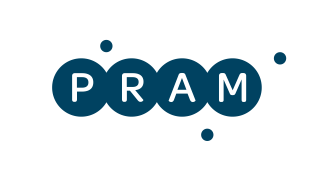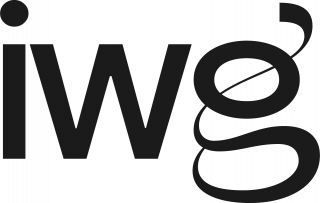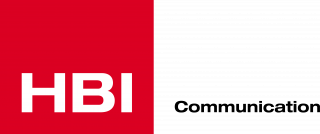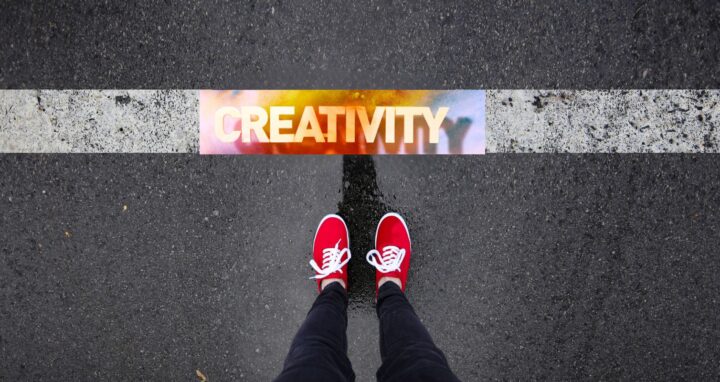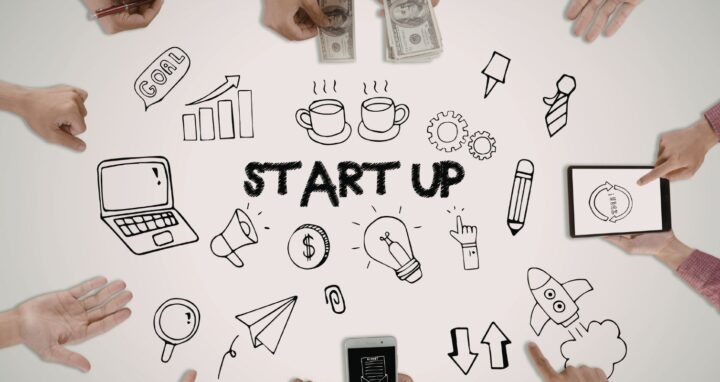In an effort to showcase and celebrate the top independent public relations agencies in the world, The Worldcom Public Relations Group partnered with ICCO to showcase thought leadership as part of the annual celebration of PR and Marketing industries. The International Communications Consultancy Organisation (ICCO), which brings together over 30 national PR associations has been the voice of the PR industry at the Cannes Lions International Festival of Creativity for over ten years. ICCO supports and promotes PR agency entries and provides a meeting place for PR consultants during the festival.
This year, ICCO, together with its main partner Worldcom PR Group, presented the “PR in Cannes” conference on Wednesday 19 June at the Little Black Book Beach on the Croisette. The program engaged attendees though panels talks and many interesting discussions that addressed new trends in the PR industry. These panels showcased interesting campaigns and relevant PR topics.
And it wouldn’t be Cannes if there wasn’t a beach party after the content sessions, in this case “PR Networking Drinks” which allowed our leading independent agencies and attendees the opportunity for further industry sharing.
Role and Value of Earned Media from a Corporate Perspective
The topic for the first panel was Creative Success in Earned Media – the Inside Scoop. It focused on how to ensure and what success looks like in earned media and how the role of creativity is changing within earned media. The Worldcom Partner panel, moderated by Rhodri Harries, CEO of Kaizo, featured Bill Imada, Chairman and Chief Connectivity Officer of IW Group; Patrik Schober, Managing Partner of PRAM Consulting; and Steph Macleod, Principal of Kaizo.
All speakers agreed that earned media still play a key role in companies’ communications strategy and provides significant value in several dimensions. Both in internal communications, where they reinforce employee alignment with the brand mission, and in external communications, where they reinforce brand reputation among consumers.
From an institutional perspective, it enhances credibility with stakeholders and investors. Smart brands increase the value of earned media by integrating it into their broader marketing and communications strategies and ensuring consistent messaging across all communication channels.
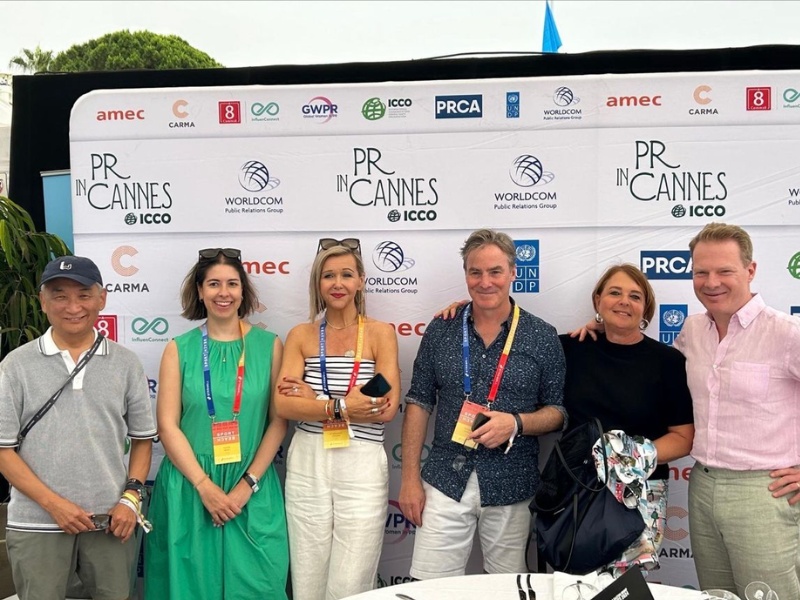
The Disappearing Line Between Paid and Earned Media
Bill Imada focused on explaining the blurring of the distinction between paid and earned media. He explained that the advertising industry is now realizing the value of public relations and strategic communications and is beginning to be more intentional in its efforts. Thus, one piece of content is distributed through all channels included in the PESO (Paid, Earned, Shared and Owned media) communication model.
Imada pointed out that the focus of earned media has evolved from simply getting story placement, to engaging and converting audiences, and as a result of these changes, the entire PR industry has shifted from storytelling to storydoing.
Role of Artificial Intelligence in Creativity and Content
Patrik Schober then discussed the process of media relations using artificial intelligence (AI), i.e. from content creation, insights gathering, distribution to communication measurement. He suggested that AI plays a crucial role in modern creativity and content creation. It streamlines the process and therefore gives more room for creative activity. AI also streamline the foundation of media relations, which is building relationships with media that are interested in the content and targeting the chosen audience.
However, according to Schober, the author of the book “The Art of Leadship Through Public Relations”, this requires a change in the mindset of PR managers when evaluating campaigns. According to AMEC research, more than 50% of PR managers, who are still sometimes leveraging the now obsolete AVE model. The goal is elevating and measuring the impact of communication on the functioning of the entire organization. AI tools can help do a lot of this.
The importance of acquired media
Rhodri Harris discussed how audiences in the B2B space place a high value on earned media because of its credibility. Unlike paid media, earned media is not only perceived as more objective and trustworthy, but reinforces perceptions of authority and expertise. These characteristics are needed to foster authentic relationships and key to the B2B decision-making process. In order to leverage earned media, creativity is even more important for B2B brands to differentiate themselves in the marketplace.
Steph McLeod then concluded the panel by reflecting on creative content, which she believes increases engagement and builds emotional connections with audiences. In today’s environment, rebuilding trust is key and requires a combination of creativity, authenticity and transparency. Success in earned media through creativity requires a strategic approach and effective use of artificial intelligence. In most cases, the most creative ideas are simple, and careful planning is key to sustained brand growth.
Do not go to Cannes Without Sustainability
The other Panel presentation was The New Playbook for International Sustainability Comms. The discussion was predominantly devoted to sustainability. A panel discussion was moderated by Arun Sudhaman, CEO and Editor-in-Chief of ProvokeMedia and featured a highly experienced and knowledgable panel: Corinna Voss, Executive Director, HBI; Anita Nahal, Director, Kaizo; and Tomas Jørgensen, Senior Advisor, Radius CPH. The discussion focused on how brands, organizations and governments can effectively communicate their sustainability messages to different audiences against the backdrop of pressing global issues.
Most award-winning campaigns at international competitions, including Cannes Lions, have an integrated sustainability component.
Despite its global importance, climate change competes with other pressing global issues such as geopolitical conflicts, economic instability and major political events. Brands must ensure that their sustainability messages are perceived as relevant and meaningful to their audiences. Tomas Jørgensen highlighted this challenge by discussing how different cultural and regional perceptions influence the relevance of sustainability messages. He stressed that companies need to create awareness and priorities climate issues in their messaging to keep sustainability at the forefront of the public’s mind.
Simplify Complex Messages
One of the main challenges in communicating sustainable development is making complex scientific data understandable to a wide audience. While stakeholders have a growing awareness of climate issues, they often lack the detailed knowledge needed to understand the scientific solutions. Corinna Voss shared insights from her work with the European Climate Monitoring Agency’s Copernicus campaign, which involves translating complex atmospheric and climate data into digestible graphics and easy-to-understand visual comparisons.
For example, representing the volume of water from a melted glacier with an ice cube the size of the Eiffel Tower helps the public to immediately understand the scale of the impacts of climate change. This approach not only informs but also engages people emotionally and intellectually.
Public Relations Taking Center Stage at Cannes
Traditionally In the past, Cannes Lions panels and awards have been dominated by advertising agencies, with PR playing only a complementary role. With the support of ICCO, public relations had a bigger role in the annual event. The Worldcom Partners were leading the way this year with two innovative panel discussions and a can’t miss PR Networking Happy Hour event. Not only did they provide great insights and expertise but paved the way for Public Relations to take a larger role in future Cannes Lions events and awards.
Patrik Schober
Managing Partner PRAM Consulting

